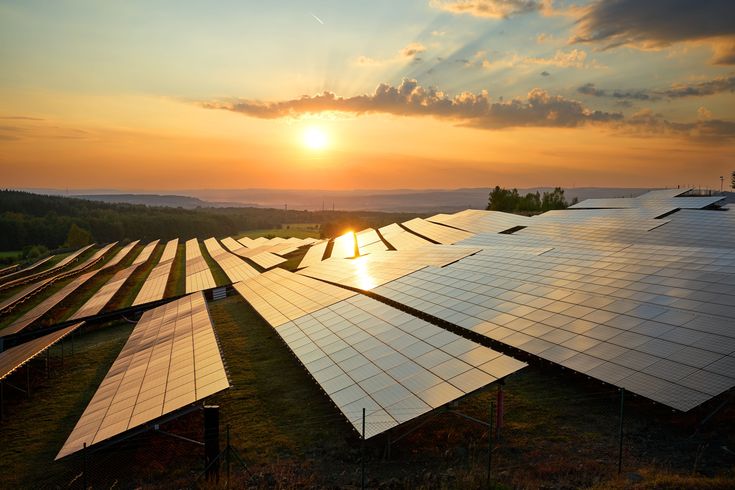A solar panel is a device that converts light into electricity using photovoltaic cells. Photovoltaic cells are made of semiconductor materials, such as silicon, that absorb sunlight and convert it into electrical energy.
Solar panels are most commonly used to generate electricity for homes and businesses, but they can also be used to power a variety of other applications, such as water pumps, traffic lights, and even spacecraft.
Solar plate rates have experienced a remarkable descent over the years, transforming the landscape of renewable energy. Once considered a luxury investment, solar plates have become increasingly accessible to homeowners and businesses alike. Thanks to advancements in technology, economies of scale, and supportive policies, the cost per watt of solar energy has plummeted. This reduction in rates has catalyzed widespread adoption, empowering individuals to harness the sun’s abundant energy while simultaneously reducing their carbon footprint. As solar panel rates continue to decline, the prospect of a sustainable and affordable energy future grows ever brighter.
How do Solar Panels Work?
When sunlight hits a photovoltaic cell, it knocks electrons loose from their atoms. These electrons flow through the cell, creating an electric current. The current is then sent to an inverter, which converts it from direct current (DC) to alternating current (AC). AC electricity is the type of electricity that we use in our homes and businesses.
Types of Solar Panels
There are two main types of solar panels: crystalline silicon and thin-film. Crystalline silicon panels are the most common type, and they are made from silicon wafers. Thin-film panels are made from a layer of semiconductor material that is deposited on a substrate, such as glass or plastic.
Crystalline silicon panels are more efficient than thin-film panels, but they are also more expensive. Thin-film panels are less efficient, but they are more flexible and can be made in a wider variety of shapes and sizes.
The Benefits of Solar Panels
There are many benefits to using solar panel companies. Some of the most important benefits include:
- Solar energy is a renewable resource. This means that it will never run out, unlike fossil fuels.
- Solar energy is clean. It does not produce greenhouse gases or other pollutants.
- Solar energy can save you money on your electricity bills.
The Future of Solar Power
Solar power is one of the fastest-growing sources of energy in the world. As the cost of solar panels continues to decline and the efficiency of solar cells continues to improve, solar power is becoming more and more competitive with traditional forms of energy.
In addition to the environmental and economic benefits, solar power also has the potential to provide a more secure and reliable source of energy than traditional sources. This is because solar panels can be deployed anywhere, and they are not subject to the same price fluctuations as fossil fuels.
Conclusion
Solar panels are a clean, renewable, and affordable source of energy. As the technology continues to improve, solar power is likely to play an increasingly important role in meeting our energy needs.














